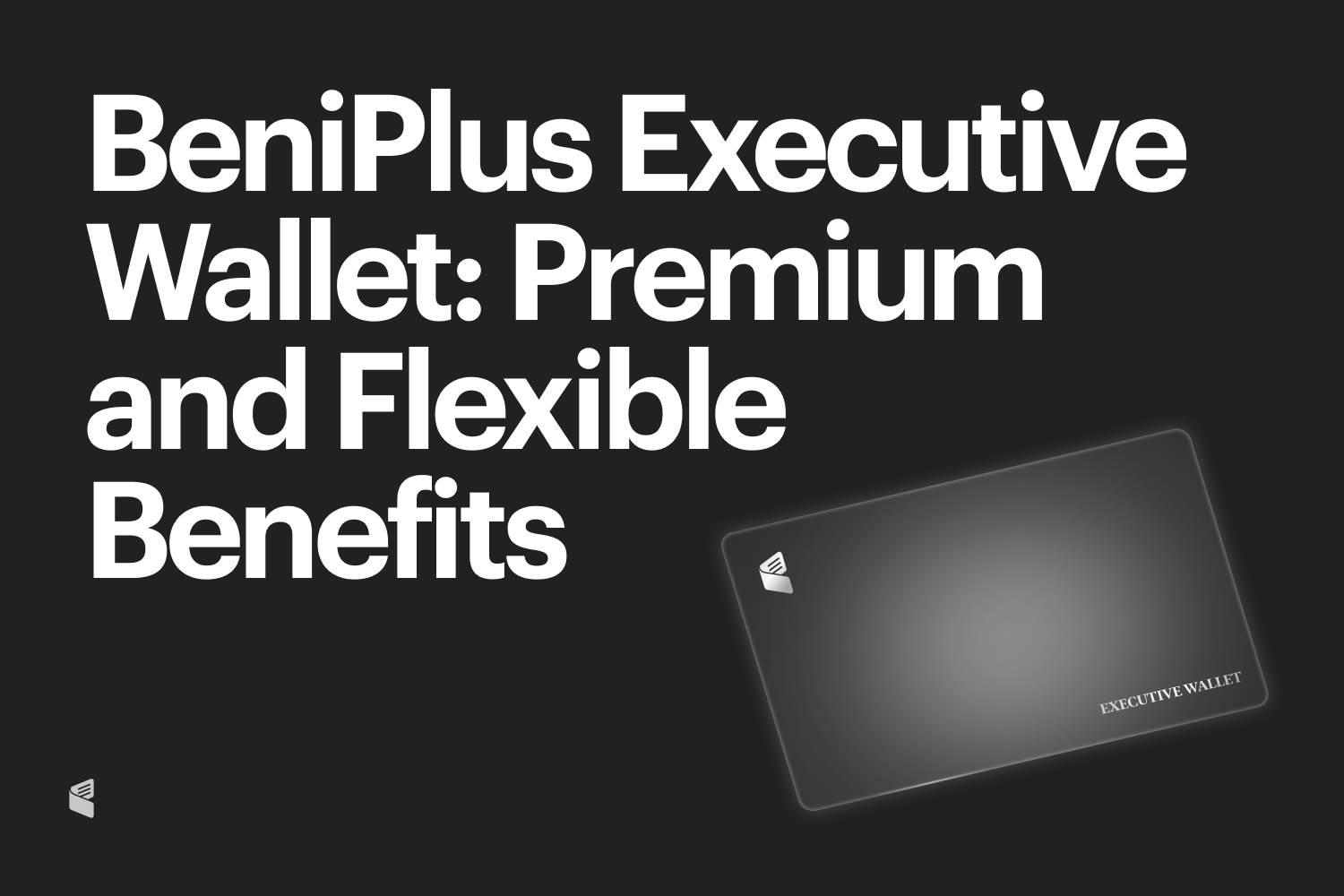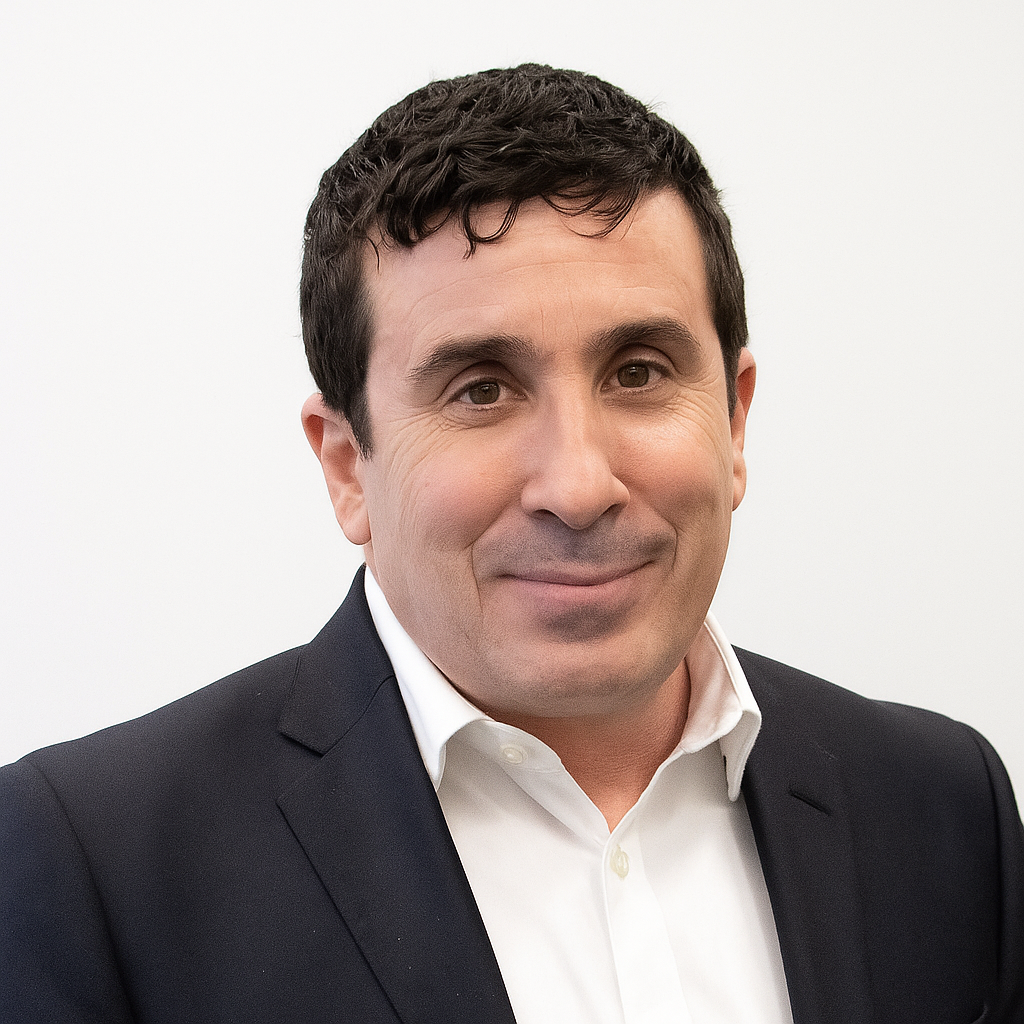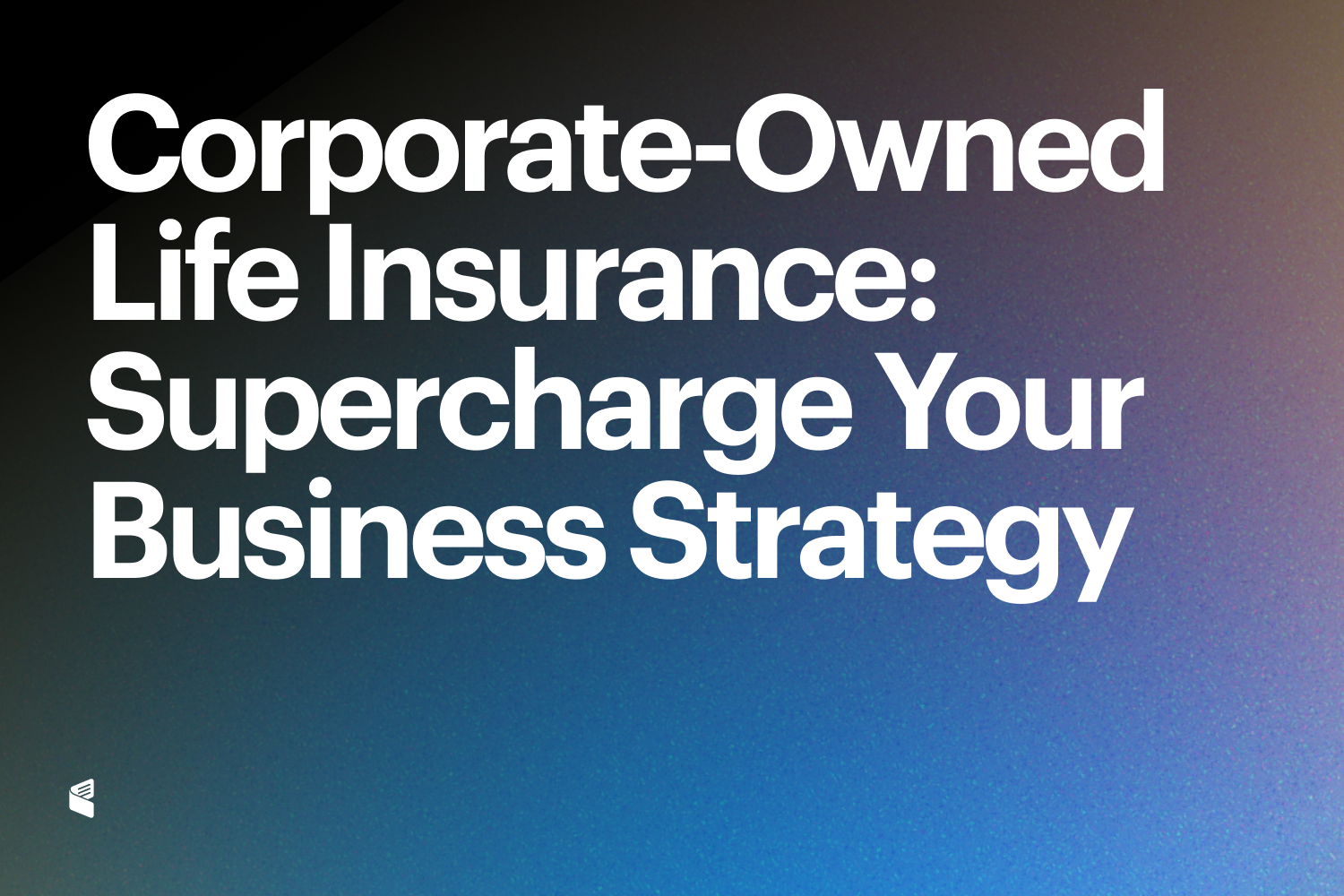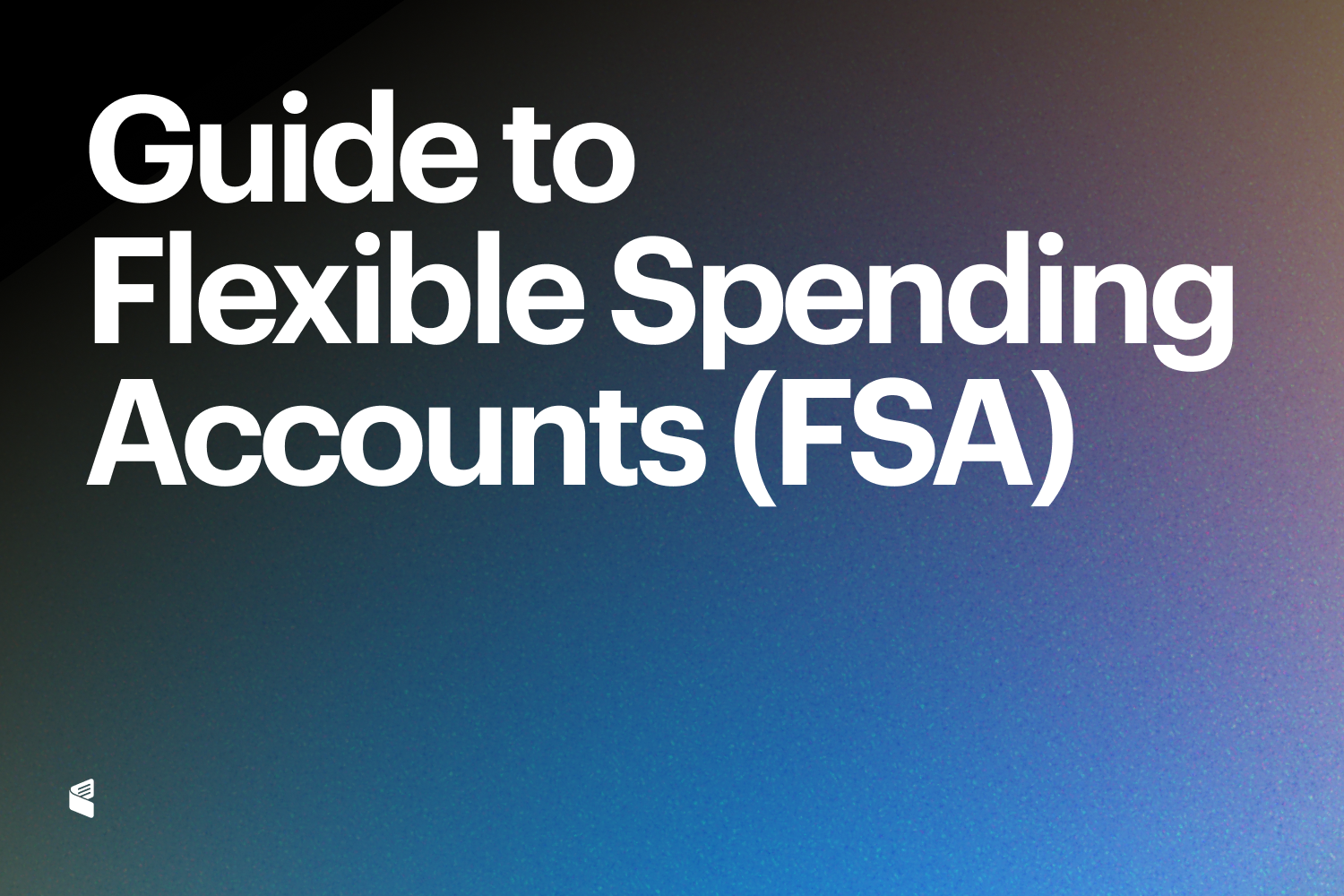How Small Business Owners Can Reduce Taxes With Healthcare Spending Accounts

For small business owners who work in their business, healthcare spending accounts are a simple way to turn medical expenses into a tax break. Today, we want to tell you more about the tax advantages associated with healthcare spending accounts.But first, what is a healthcare spending account exactly?A healthcare spending account is a way for employers to give their employees benefit dollars for out-of-pocket medical expenses. It's simply an account that lets employees - and business owners who work in the business - use pre-tax dollars for healthcare expenses.What medical expenses can be claimed through healthcare spending accounts?

The Canada Revenue Agency (CRA) outlines what expenses can be used through healthcare spending accounts - and it's a long list! You can use your healthcare spending account for prescription drugs, dental work, hospital bills and lab tests, eye care and glasses and products, procedures and services you receive from a medical professional - for example, chiropractors and registered massage therapists. But that's the tip of the iceberg when it comes to eligible expenses; read our HSA eligible expenses page to see a longer list.Need prescription drugs, psychotherapy, laser eye surgery, cardiographs or x-rays? Claim them through your HSA.The HSA gives your group benefits program a lot of flexibility which employees love. But when you fully appreciate the tax savings, you'll love it even more. Let's do a quick review of pre-tax and after-tax dollars to shape the big picture.What are pre-tax dollars?Your pre-tax dollars refer to money you haven’t been taxed on yet. What your accountant loves about healthcare spending accounts is simple: an HSA allows a business owner (who is also an employee) to claim personal medical expenses—without those costs being included in their taxable income.What are after-tax dollars?On the other hand, after-tax dollars are what’s left after the tax-man comes. The size of your after-tax figure depends on your tax bracket and if you can use your money before it gets taxed—as with your healthcare spending account and registered retirement savings plan—you should!Now let’s explore what the tax advantages of a healthcare spending account look like in the real world.What do medical expenses cost with and without a healthcare spending account?As a business owner who works in the business, you can pay for medical expenses through your company using those pre-tax dollars or you can pay out-of-pocket with after-tax dollars—also known as your salary. Even with a small expense of $1,000, the difference is substantial. Example: $1,000 medical expense without a healthcare spending accountIf you went out-of-pocket and spent $1,000 on psychotherapy last year when your kids became teenagers, the business had to pay you a salary of $1,428.57 to cover that expense (assuming a tax rate of 30%). This means you paid more than $400 in taxes and $1,000 for the much-needed stress reduction sessions.Example: $1,000 medical expense with a healthcare spending accountNow let’s say you signed up for the Benefit Wallet and a healthcare spending account. Your medical expenses this year include $1,000 for the root canal your dentist says you can’t put off any longer. You submit your claim through your HSA and the company pays $1,000 for the expense and a $100 administration fee, totaling $1,100. So, you pay $328.57 less for the same $1,000 claim and because it’s a medical expense, that $1,000 is non-taxable income—a double win! If you’re not sure whether a healthcare spending account is right for you, start by asking yourself, “Would I rather pay $1,428.57 in post-tax dollars or $1,100 in pre-tax dollars?”$1,000 medical expense = $1,428.57 in post-tax dollars or $1,100 in pre-tax dollarsThere’s a clear tax advantage to putting your medical expenses through an HSA instead of paying out-of-pocket. Your accountant would want you to know that it’s a rare business expense that’s both deductible to the business and not considered taxable income for a business owner who also works in the company (who is also an employee).If you’re ready to take advantage of the tax savings that come with a healthcare spending account, take 10 minutes today to get a quote for our simple, flexible and affordable employee benefits program.Disclaimer: Financial data, statistics and calculations used in the above article are for sample purposes only. BeniPlus does not guarantee accuracy, reliability or completeness on the above data. For a more accurate estimate, please consult your financial adviser. Any action taken based upon the above information will be strictly at the users own risk.
Build your plan for free
Get started today by building your plan. No upfront payments. No long-term commitments. Entirely pay-as-you-go. You won't incur any costs until your team submits a claim.





